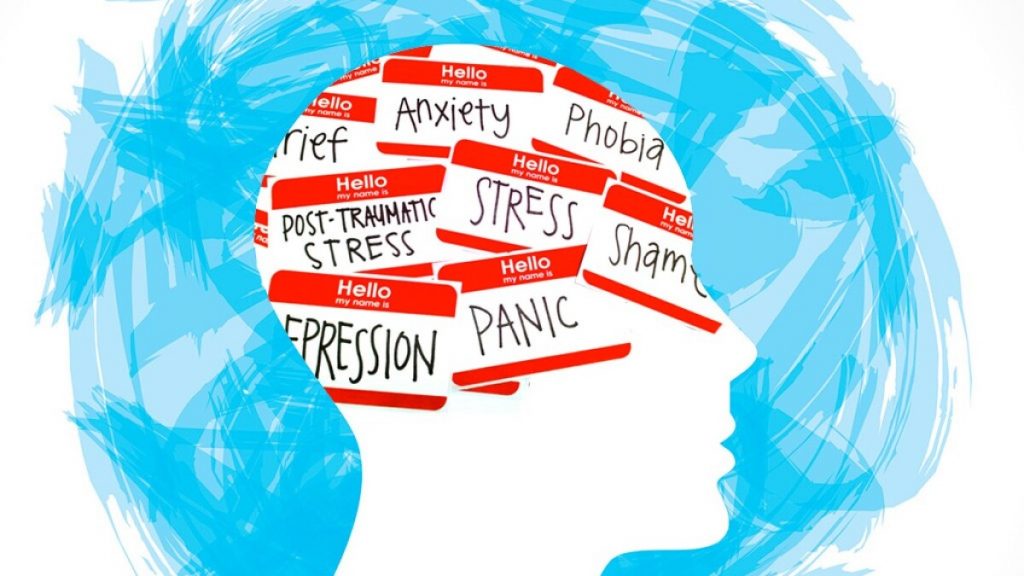
Hobby benefits to your mental health
Hobby benefits to your mental health
 Many of us feel like finding time and energy for a hobby is just one more thing we don’t have time to do. Work, school, family, religious, and community responsibilities can be too much, leaving us with little time to do the things we like. But if you do a quick search on Google, you’ll find a lot of articles and blogs that talk about the personal and professional benefits of having a hobby.
Many of us feel like finding time and energy for a hobby is just one more thing we don’t have time to do. Work, school, family, religious, and community responsibilities can be too much, leaving us with little time to do the things we like. But if you do a quick search on Google, you’ll find a lot of articles and blogs that talk about the personal and professional benefits of having a hobby.
Hobbies give us a break from our normal lives and let us do something we love and are passionate about. A hobby can help us relax, help us get better at something, or just give us a chance to hang out with other people. Hobbies are a great way to get away from work and the sameness of everyday life. Also, having a hobby has been shown to reduce stress, even if it seems hard to add ONE MORE THING to your list of things to do.
“People often think of hobbies as things people who live calm, quiet lives do. But people who have full, busy, or even stressful lives may need hobbies more than the average person and get a lot out of them. Most of the time, the time it takes to do a hobby is more than worth the benefits it brings (Scott, 2018).
Why hobbies are beneficial to your mental health
Different hobbies can help you in different ways. Here are just a few examples:
Physical hobbies
Physical hobbies are good for your body because they make your heart beat faster and your brain work better. There are also other benefits, like lowering blood pressure, losing weight, building muscle, making bones stronger, and giving you more energy overall.
Examples: hiking, camping, swimming, yoga, or martial arts
Both the mind and the heart
Making time for things you like to do is a simple way to improve your mental health and emotional well-being as a whole. Hobbies reduce stress because they help you relax and take your mind off of more important things like work and bills. Also, hobbies can make us feel like we’re in charge and can do things well. As we get better at a certain task, we tend to feel better about ourselves. Some of the following things have been linked to better mental health and less depression.
Gardening, listening to music, painting or drawing, cooking, coloring, and taking pictures are some examples.
Social and interpersonal hobbies are a great way to make new friends and hang out with people you already know. Social hobbies help you make connections with other people and add another layer of support to your life, which can help you feel less stressed. Meet Up is a popular way for people to “meet new people, learn new things, find support, get out of their comfort zones, and pursue their passions together” (Meetup, 2019, para. 1). In every city, there are dozens of groups that do all kinds of things together. You might find people who are interested in the same things as you are, and there might already be a meetup group. If you can’t find one, you can start your own.
Examples: trying out new restaurants, going to the movies, talking about philosophy, trying out new technology, playing music, playing games, and investing in real estate.
Creativity hobbies
Some hobbies make us want to be more creative. This can be very helpful for people who don’t have any ways to be creative at work. Having a creative hobby can help you be more creative in other parts of your life.
Fiction writing, hand lettering or calligraphy, decorating a cake or cookie, making soap, quilting, crocheting or knitting, and making jewelry are all examples.
Self-Improvement hobbies
Some people like hobbies that help them become more confident, feel better about themselves and improve their overall quality of life. If you are thinking about a hobby like this, think about what you would like to change or get better at about yourself. For instance, do you want to be a good public speaker, lose weight, or take better care of your heart? Do you want to get better at paying attention to details or learn a new language?
Some examples are going on a solo trip, cooking, meditating, putting together puzzles, keeping a journal, or volunteering.
How to Pick a Hobby
If you want to spend some time and energy on a hobby but don’t have one yet, think about what you like, what interests you, and what you might want to get better at. If you’ve never had a hobby before, it can be hard to decide what to do. You might want to ask yourself the following questions to help you choose a hobby:
- Do you enjoy competition?
- Do you like doing things by yourself or with other people?
- Is there a skill you’d like to learn more about?
- How much physical activity do you get every day?
- Are there things you liked to do when you were young that you’d like to do again?
- How do you want your hobby to make you grow or change?
- How much time do you have to spend on your new interest?
- How much can you spend on your new interest?
- What kind of people do you want to hang out with?
- What kinds of benefits do you hope your hobby will give you?
Money making hobbies
Some hobbies can help you save money or bring in extra cash. For example, you could fix up things you find at a garage sale or grow your own vegetables to save money. You can sell the photos you take or the cakes you bake to make money. Be careful if you want to save or make money with your hobbies, though, because it can easily take the fun out of them and add more stress, especially if you have to make business decisions about them.
Hobbies are important for living a full life. Taking time for a hobby can help your body, mind, emotions, and creativity, which can make your life more meaningful, relaxing, and fun.
No matter what hobby you choose, you’ll probably be surprised by how good it makes you feel.
Download the hobbytwin app and tell a friend for instant hobby matching:
For iPhone/iPad&iPod:









